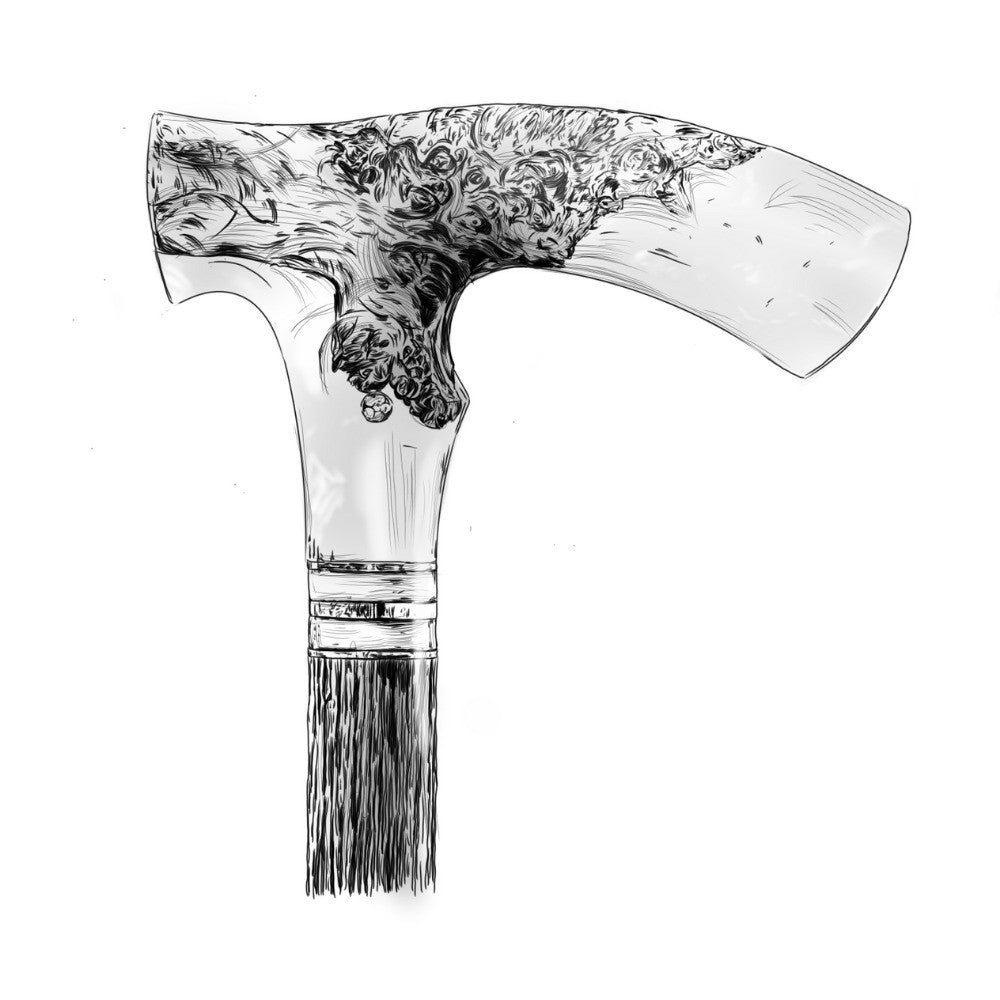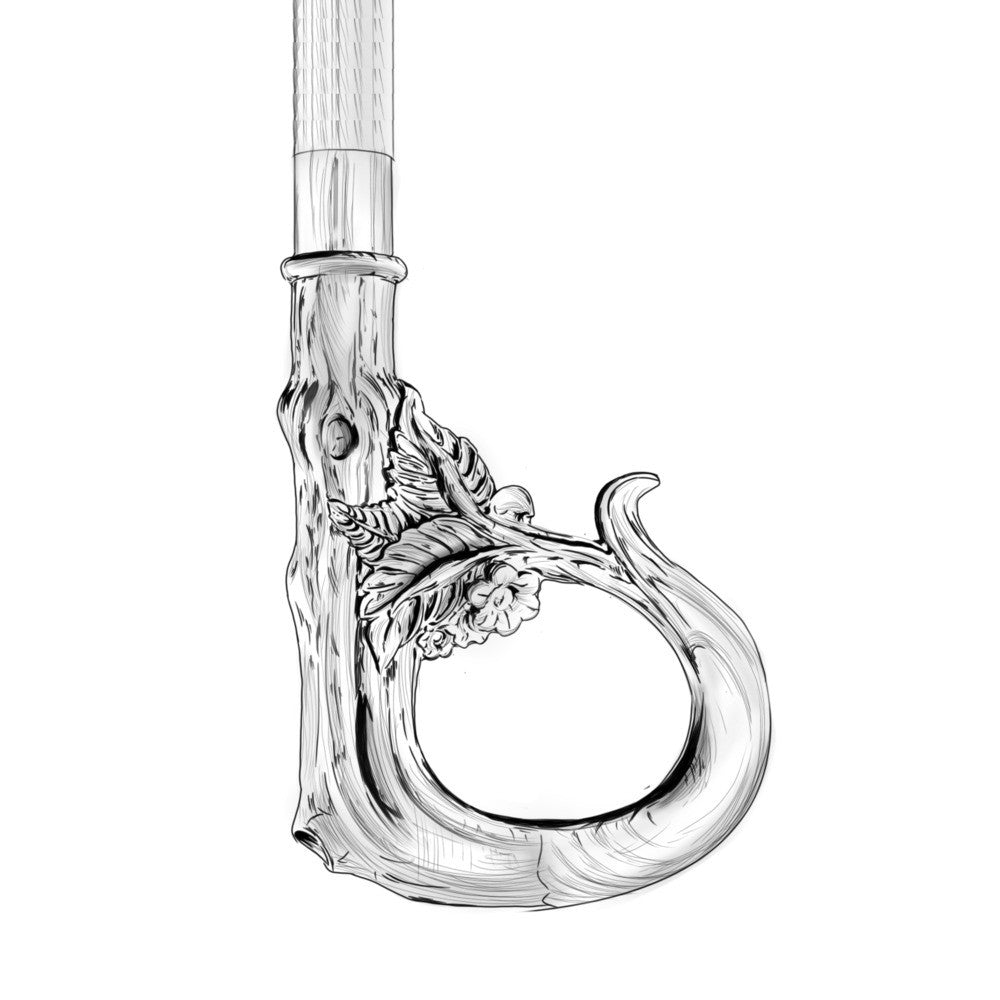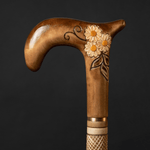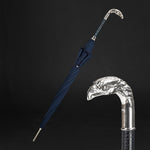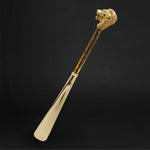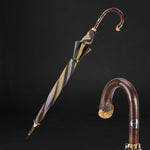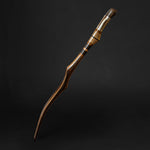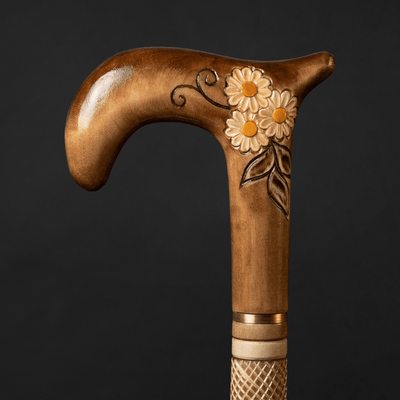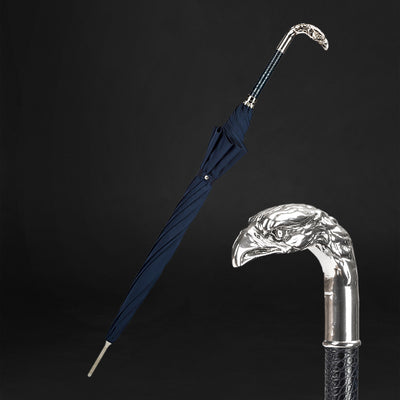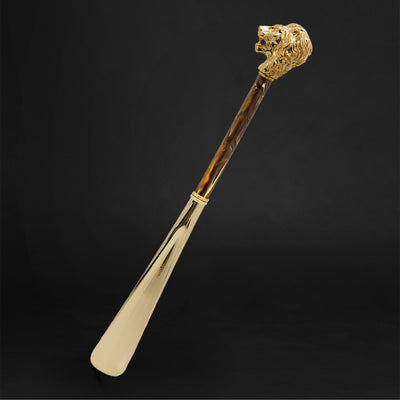You have no items in your shopping cart.
Recent Posts
-
The Art of Christmas Design: Walking Canes That Celebrate the Season in Style
-
How an Ergonomic Walking Cane Handle Prevents Hand and Wrist Strain?
-
How to Walk With a Cane Correctly to Avoid Back or Shoulder Strain?
-
5 Common Mistakes People Make When Buying a Walking Cane (and How to Avoid Them)
-
How to Choose a Walking Cane That Reflects Your Personality (Not Just Your Needs)?
-
Walking Canes That Match Formalwear for Weddings and Events
MOST POPULAR NOW
12
Jul
Every year is special in many ways. We can see many social, economical, political and other changes. And also there are changes in the area of health. And we want to share with you about some health tips for 2020.
Health tips for 2020
1. Eat a healthy food
Eat different food, including fruit, vegetables, legumes, nuts and whole grains. Adults should eat at least five portions (400g) of fruit and vegetables per day. You can improve your intake of fruits and vegetables by always including veggies in your meal; eating fresh fruit and vegetables as snacks; eating a variety of fruits and vegetables; and eating them in season. By eating healthy, you will reduce your risk of malnutrition and noncommunicable diseases (NCDs) such as diabetes, heart disease, stroke and cancer.
2. Consume less salt and sugar
Most people get their sodium through salt. Reduce your salt intake to 5g per day, equivalent to about one teaspoon. It’s easier to do this by limiting the amount of salt, soy sauce, fish sauce and other high-sodium condiments when preparing meals; removing salt, seasonings and condiments from your meal table; avoiding salty snacks; and choosing low-sodium products.

On the other hand, consuming excessive amounts of sugars increases the risk of tooth decay and unhealthy weight gain. In both adults and children, the intake of free sugars should be reduced to less than 10% of total energy intake. This is equivalent to 50g or about 12 teaspoons for an adult. WHO recommends consuming less than 5% of total energy intake for additional health benefits. You can reduce your sugar intake by limiting the consumption of sugary snacks, candies and sugar-sweetened beverages.

On the other hand, consuming excessive amounts of sugars increases the risk of tooth decay and unhealthy weight gain. In both adults and children, the intake of free sugars should be reduced to less than 10% of total energy intake. This is equivalent to 50g or about 12 teaspoons for an adult. WHO recommends consuming less than 5% of total energy intake for additional health benefits. You can reduce your sugar intake by limiting the consumption of sugary snacks, candies and sugar-sweetened beverages.
3. Reduce intake of harmful fats
Fats consumed should be less than 30% of your total energy intake. This will help prevent unhealthy weight gain and NCDs. There are different types of fats, but unsaturated fats are preferable over saturated fats and trans-fats. WHO recommends reducing saturated fats to less than 10% of total energy intake; reducing trans-fats to less than 1% of total energy intake; and replacing both saturated fats and trans-fats to unsaturated fats.
The preferable unsaturated fats are found in fish, avocado and nuts, and in sunflower, soybean, canola and olive oils; saturated fats are found in fatty meat, butter, palm and coconut oil, cream, cheese, ghee and lard; and trans-fats are found in baked and fried foods, and pre-packaged snacks and foods, such as frozen pizza, cookies, biscuits, and cooking oils and spreads.
The preferable unsaturated fats are found in fish, avocado and nuts, and in sunflower, soybean, canola and olive oils; saturated fats are found in fatty meat, butter, palm and coconut oil, cream, cheese, ghee and lard; and trans-fats are found in baked and fried foods, and pre-packaged snacks and foods, such as frozen pizza, cookies, biscuits, and cooking oils and spreads.
4. Avoid harmful use of alcohol
There is no safe level for drinking alcohol. Consuming alcohol can lead to health problems such as mental and behavioural disorders, including alcohol dependence, major NCDs such as liver cirrhosis, some cancers and heart diseases, as well as injuries resulting from violence and road clashes and collisions.
5. Don’t smoke
Smoking tobacco causes NCDs such as lung disease, heart disease and stroke. Tobacco kills not only the direct smokers but even non-smokers through second-hand exposure. Currently, there are around 15.9 million Filipino adults who smoke tobacco but 7 in 10 smokers are interested or plan to quit.
6. Be active
Physical activity is defined as any bodily movement produced by skeletal muscles that requires energy expenditure. This includes exercise and activities undertaken while working, playing, carrying out household chores, travelling, and engaging in recreational pursuits. The amount of physical activity you need depends on your age group but adults aged 18-64 years should do at least 150 minutes of moderate-intensity physical activity throughout the week. Increase moderate-intensity physical activity to 300 minutes per week for additional health benefits.
7. Check your blood pressure regularly
Many people who have hypertension may not be aware of the problem as it may not have any symptoms. If left uncontrolled, hypertension can lead to heart, brain, kidney and other diseases. Have your blood pressure checked regularly by a health worker so you know your numbers. If your blood pressure is high, get the advice of a health worker. This is vital in the prevention and control of hypertension.
8. Follow traffic laws
Road crashes claim over one million lives around the world and millions more are injured. Road traffic injuries are preventable through a variety of measures implemented by the government such as strong legislation and enforcement, safer infrastructure and vehicle standards, and improved post-crash care. You yourself can also prevent road crashes by ensuring that you follow traffic laws such as using the seatbelt for adults and child restraint for your kids, wearing a helmet when riding a motorcycle or bicycle, not drinking and driving, and not using your mobile phone while driving.

9. Talk to someone you trust if you're feeling down
Depression is a common illness worldwide with over 260 million people affected. Depression can manifest in different ways, but it might make you feel hopeless or worthless, or you might think about negative and disturbing thoughts a lot or have an overwhelming sense of pain. If you’re going through this, remember that you are not alone. Talk to someone you trust such as a family member, friend, colleague or mental health professional about how you feel.
10. Clean your hands properly
Hand hygiene is critical not only for health workers but for everyone. Clean hands can prevent the spread of infectious illnesses. You should handwash using soap and water when your hands are visibly soiled or handrub using an alcohol-based product.
11. Prepare your food correctly
Unsafe food containing harmful bacteria, viruses, parasites or chemical substances, causes more than 200 diseases – ranging from diarrhoea to cancers. When buying food at the market or store, check the labels or the actual produce to ensure it is safe to eat. If you are preparing food, make sure you follow the keys to safer food: keep clean, separate raw and cooked, cook thoroughly, keep food at safe temperatures and use safe water and raw materials.
12. Have regular check-ups
Regular check-ups can help find health problems before they start. Health professionals can help find and diagnose health issues early, when your chances for treatment and cure are better. Go to your nearest health facility to check out the the health services, screenings and treatment that are accessible to you.
Also Purchased
-
Beige Walking Cane for Ladies Chamomile Flower, Wooden Walking Stick
Introducing our beautiful Beige Walking Cane for Ladies with Chamomile Flower, a Wooden Walking Stick that is hand carved and handmade, making it both pretty and unique. This walking cane...$79.50 -
Exotic Burl Wood Walking Cane – Fashionable Artisan Stick
A sculptural statement in deep, oceanic blue — this walking cane is more than a support accessory, it's wearable art. Meticulously hand-shaped from stabilized burl wood, the handle evokes the...$425.00 -
ArtWalkingSticks™ MAGIC Walking Cane, Handmade - Make to Order
This piece of art is created for those who value details. We make one of a kind, handcrafted wood and resin canes. Our Wooden Canes are completely unmatched in creativity....$430.00 -
Umbrella with Eagle Handle, Fashion Umbrella For Men
Make a bold and fashionable statement with our Umbrella with Eagle Handle - a unique and functional accessory designed for men. The striking eagle handle is the highlight of this...$325.00 -
Fashionable Lion Shoehorn Long Handle, Pearly Brown Shaft, Handmade
Introducing our Fashionable Lion Shoehorn, a handcrafted, long-handled shoe horn with a pearly brown shaft that's both stylish and practical. The intricate Lion design adds a touch of elegance to...$240.00 -
ArtWalkingSticks™ MAGIC Red Walking Cane - Unisex, Handmade
This piece of art is created for those who value details. We make one of a kind, handcrafted wood and resin canes. Our Wooden Canes are completely unmatched in creativity....$425.00
